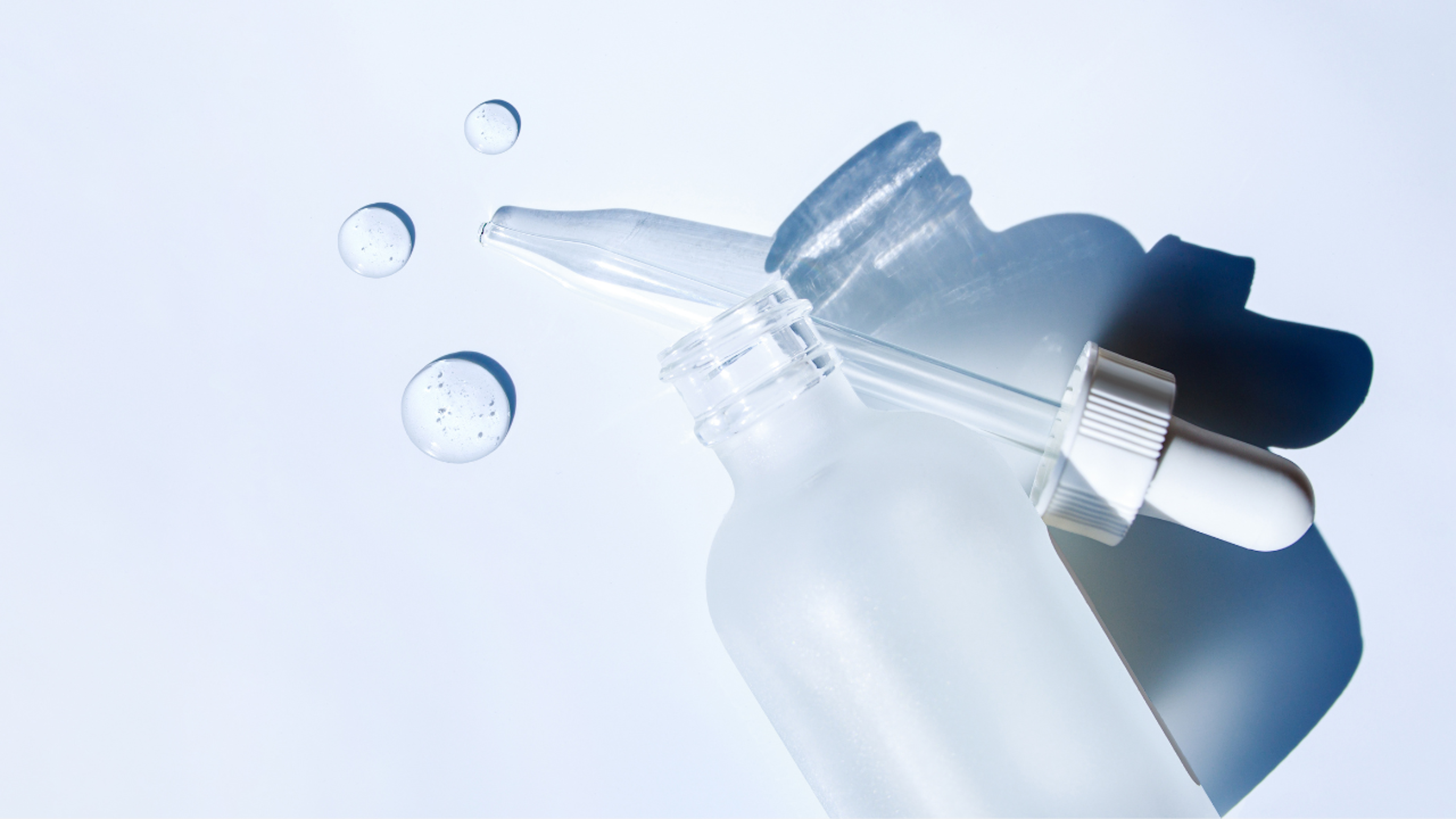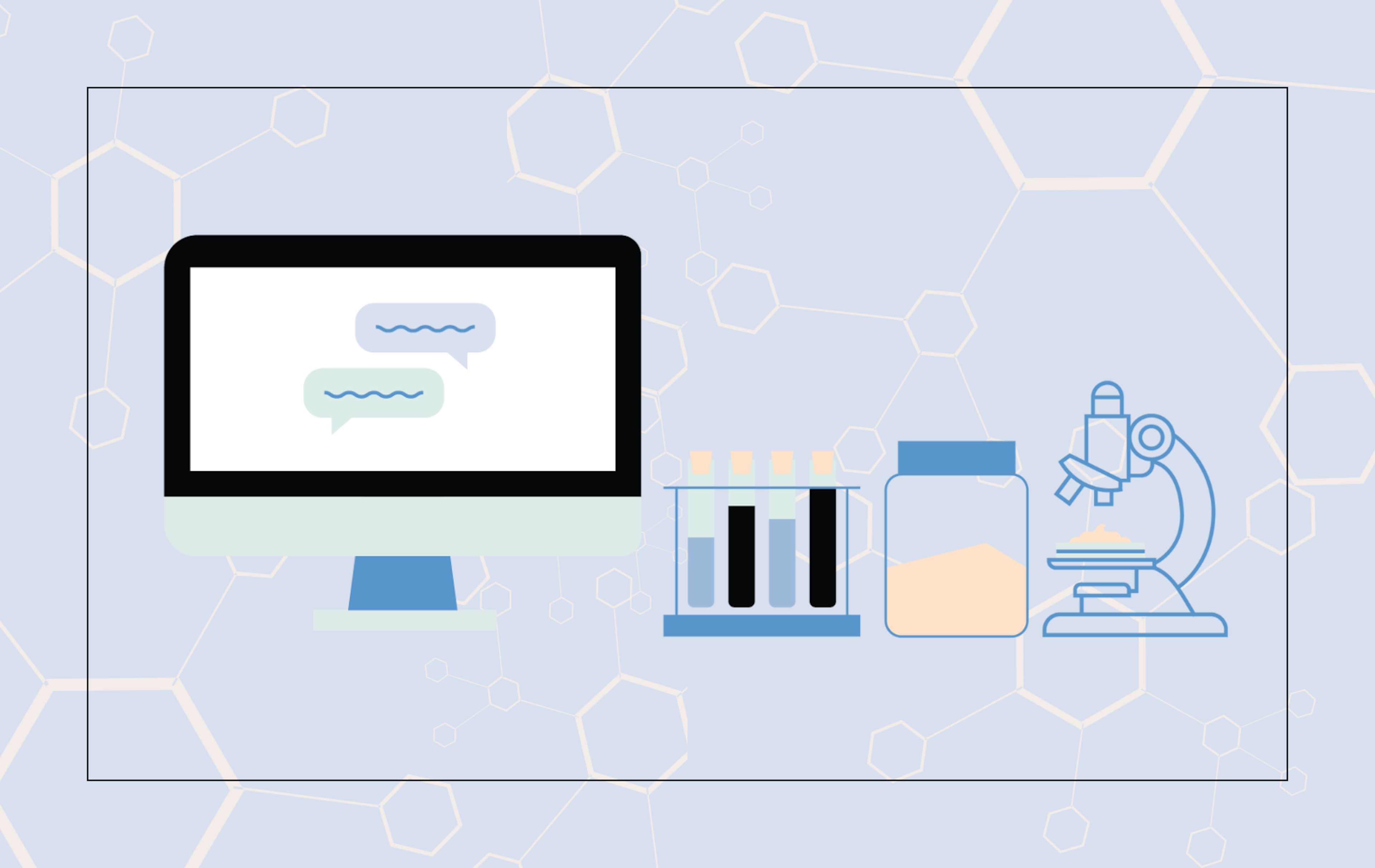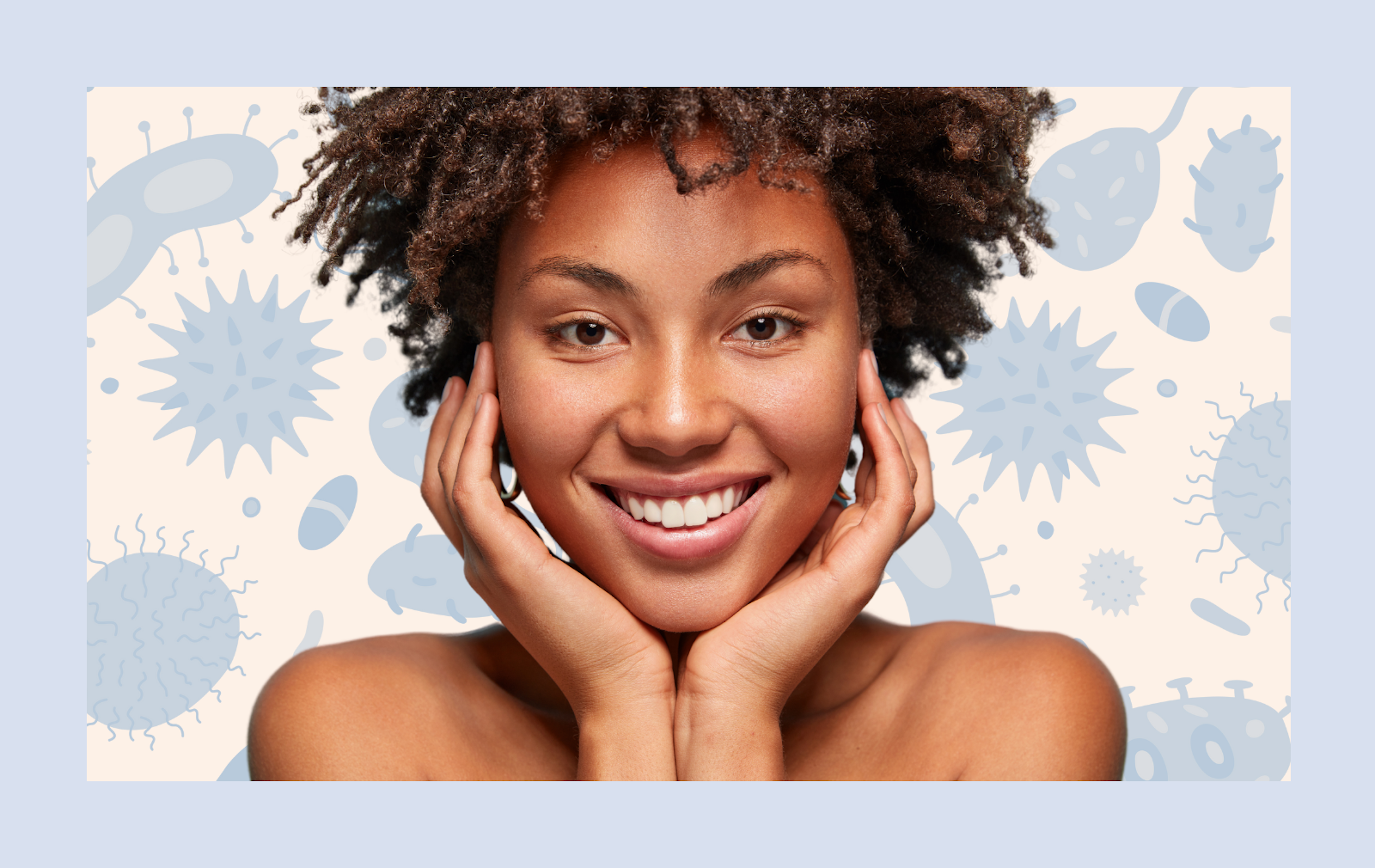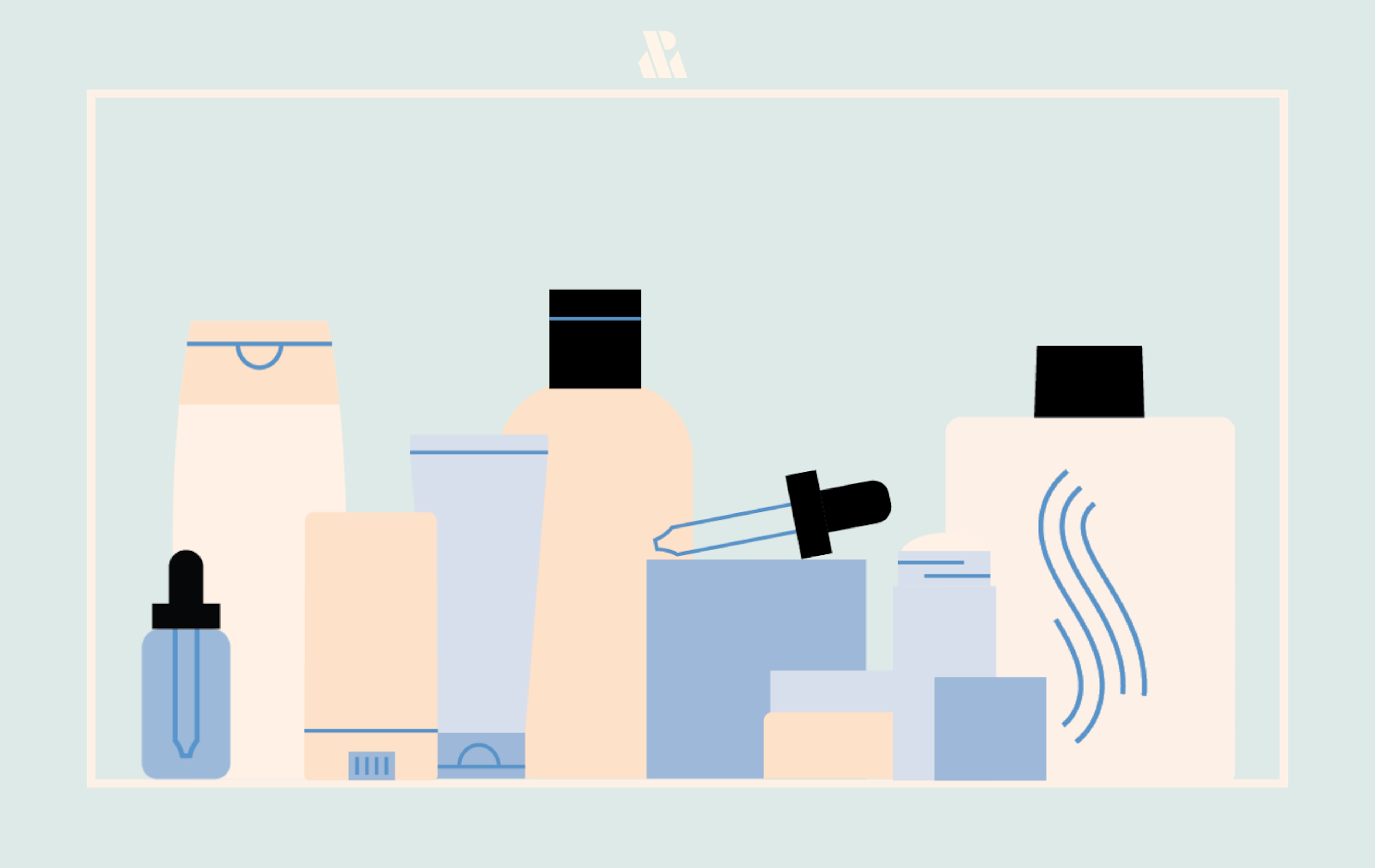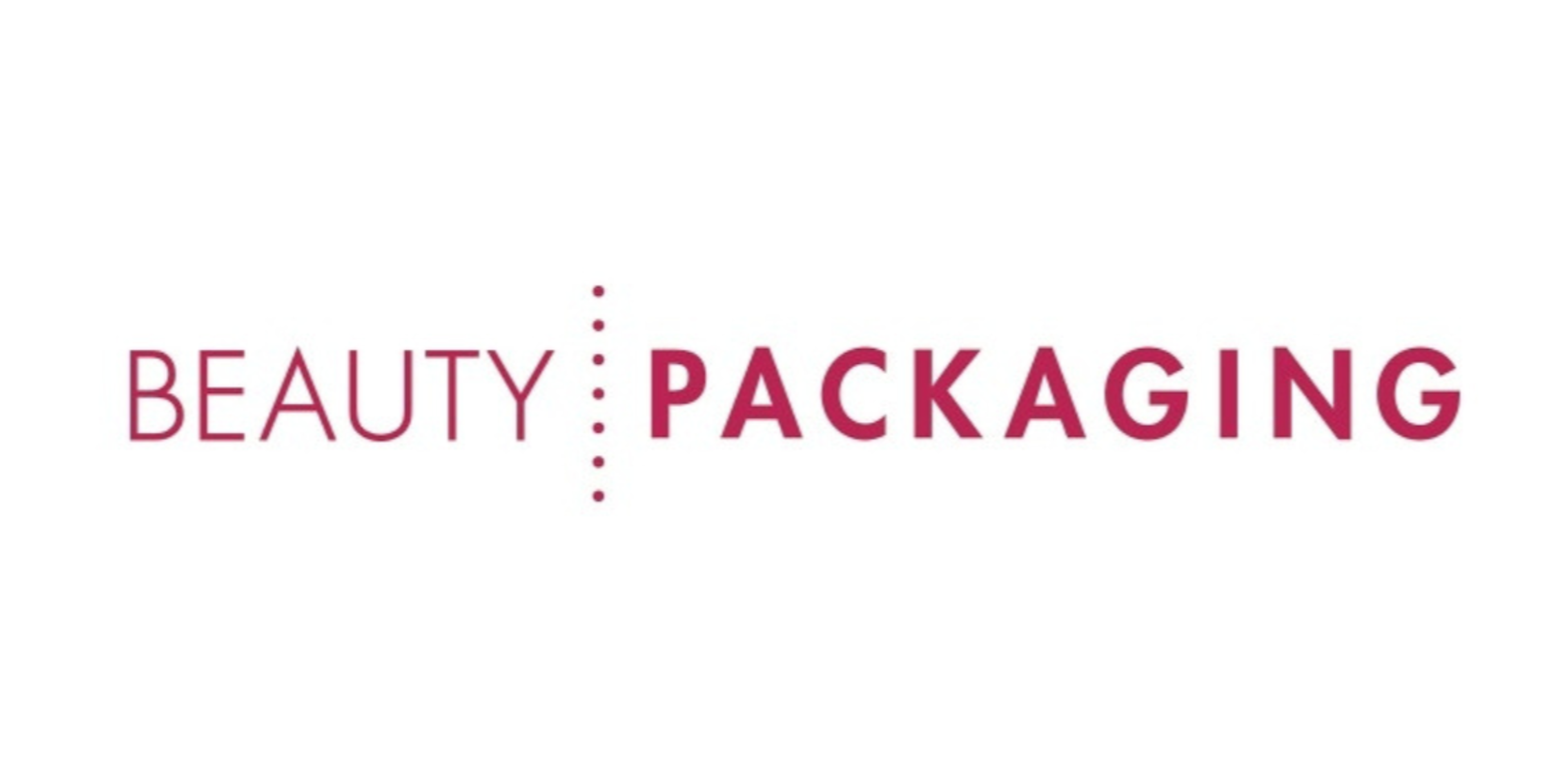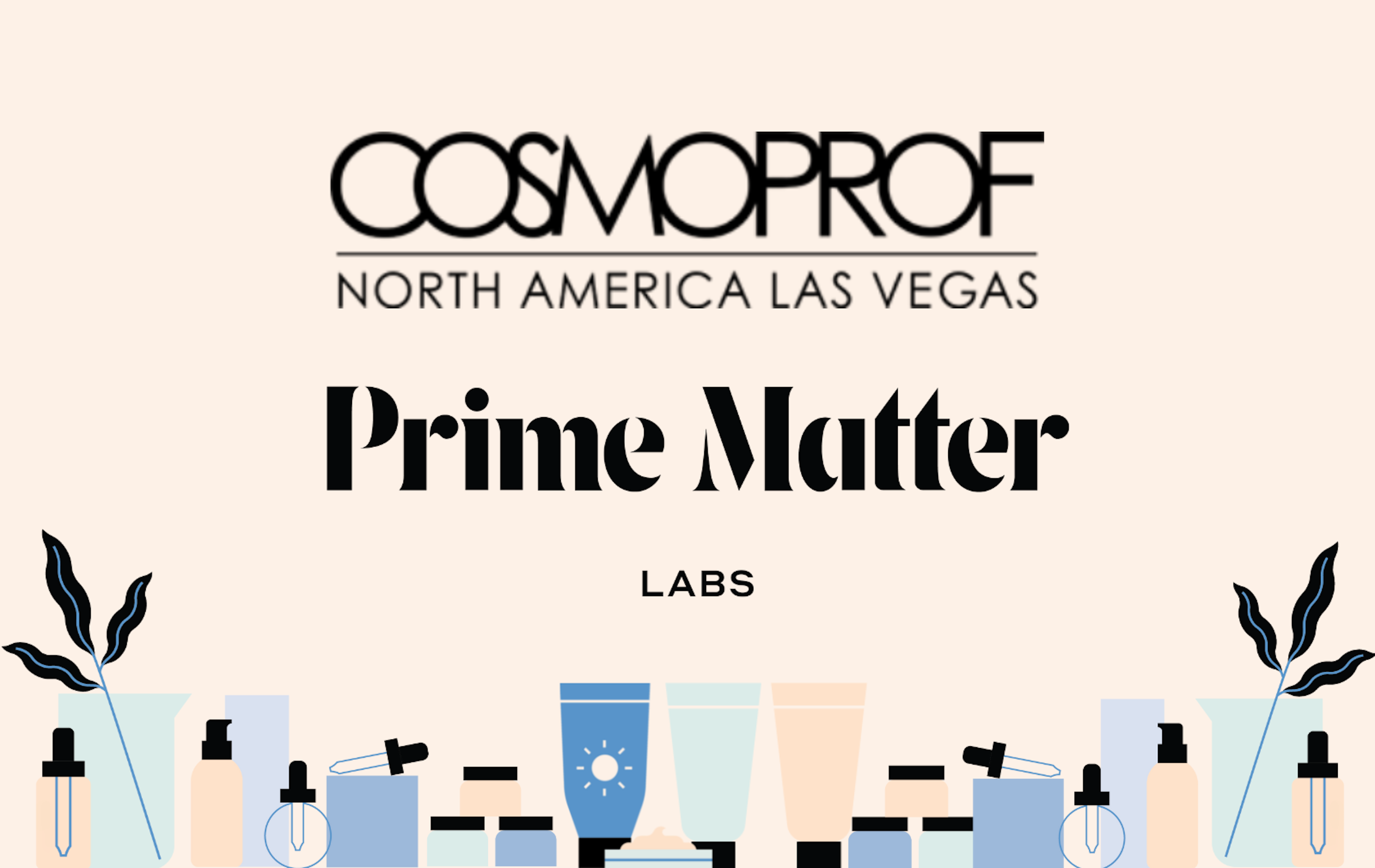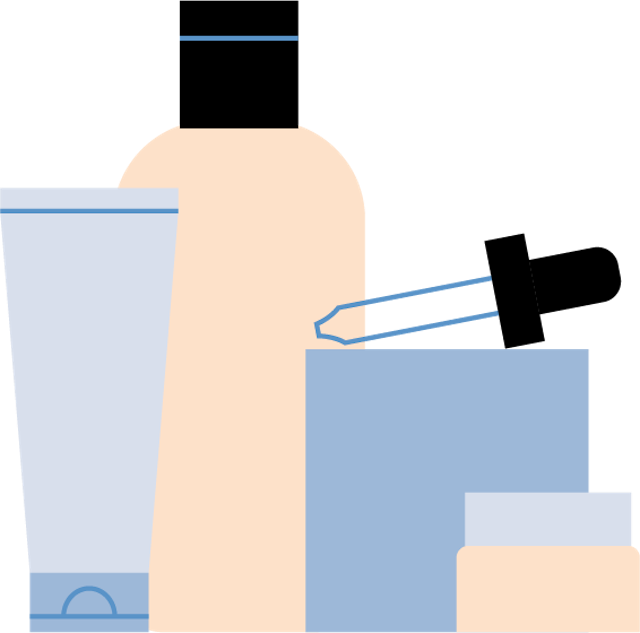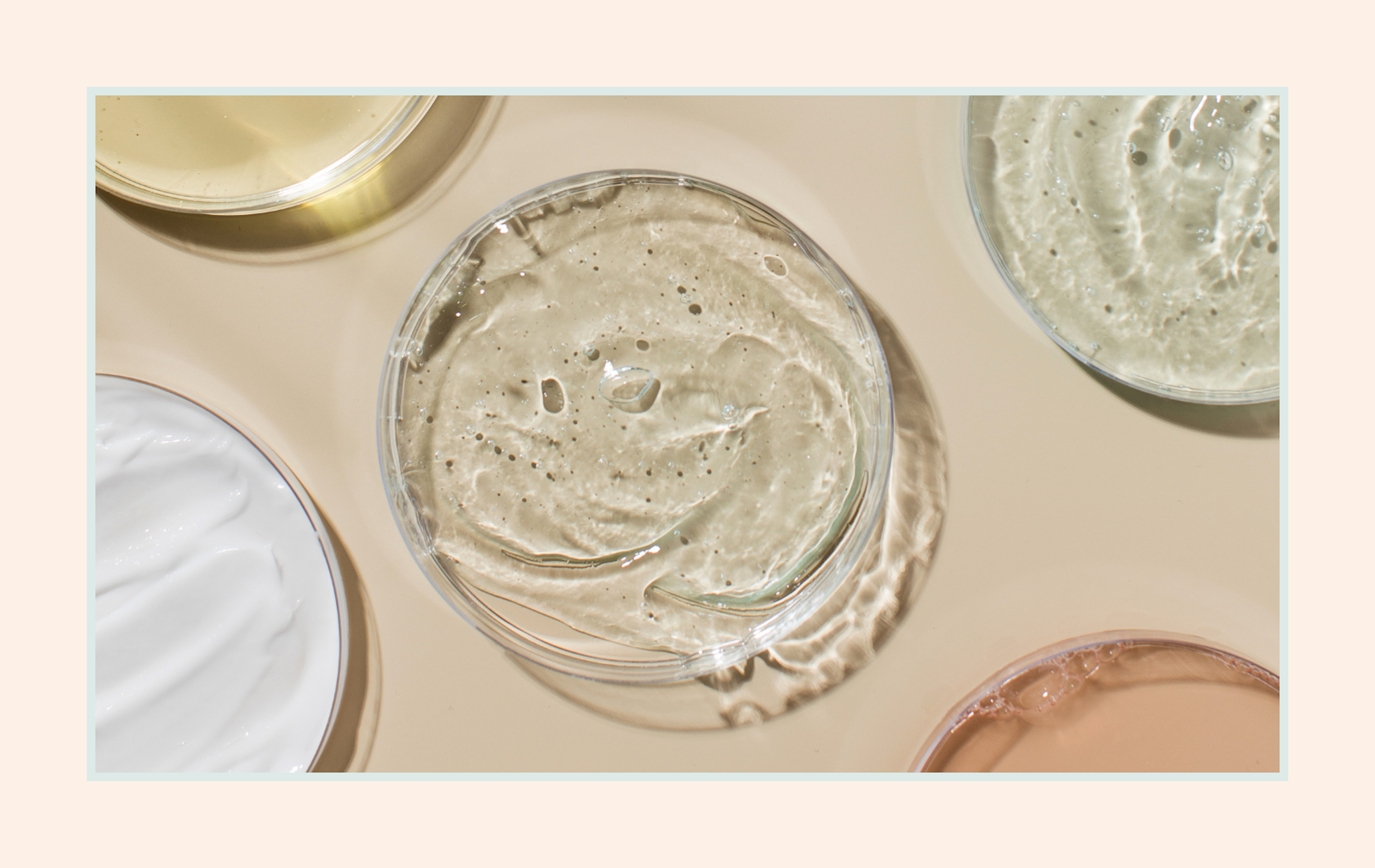
One beauty trend that will continue to grow is the focus on ingredients in skin and body care with consumers being more informed about their beauty needs and seeking science-backed solutions to their concerns. Consumers are looking for products that provide more value with hero ingredients that deliver the benefits they need.
One skin care benefit that consumers are looking for is skin barrier repair as it’s a vital part of the skin's function to protect skin from environmental stressors like pollutants, and UV radiation, and helps to retain moisture. Hydration is very important for skin barrier repair and can help to strengthen the skin’s function to protect against environmental stressors. Prime Matter Labs Chief Science Officer Jennifer Hurtikant shares, “The more hydration your cells have, the healthier your skin will be. Cell health is key to healthy skin.”
Hurtikant believes brands should consider these skin care ingredients when formulating their next beauty and personal care products in 2023:
HYPOCHLOROUS ACID
Calms skin and works to combat common bacterial skin issues.
Hypochlorous acid is a type of weak acid that is naturally produced by the body's immune system as a defense mechanism against harmful microorganisms. Known for being powerful yet gentle in application, it is especially good for soothing skin and promoting a balanced complexion. Non-toxic and non-irritating, it is considered safe to use for all skin types, even sensitive skin.
Hypochlorous acid is a highly reactive substance that can easily degrade when exposed to light, heat, and other environmental factors and it can be incompatible with some ingredients like preservatives, so it can be hard to formulate. But in the hands of expert chemists and with the right packaging, this ingredient is a powerhouse ingredient that can help soothe and calm skin.
ALGAE
Promotes hydration and a healthy skin barrier.
Algae provides a host of benefits to skin. Loaded with proteins, antioxidants and vitamins to help nourish skin, algae also assist with hydration, calming and brightening, making it a great ingredient to promote a healthy skin barrier and overall skin health. While you may be familiar with kelp, green or red algae, and spirulina, there are over 20,000 different known species of algae with each bringing a range of skin care benefits. Hurtikant recommends considering biotech-derived algae as an ingredient because it allows you to be consistent where “natural” ingredients may not be and can also be a more sustainable process.
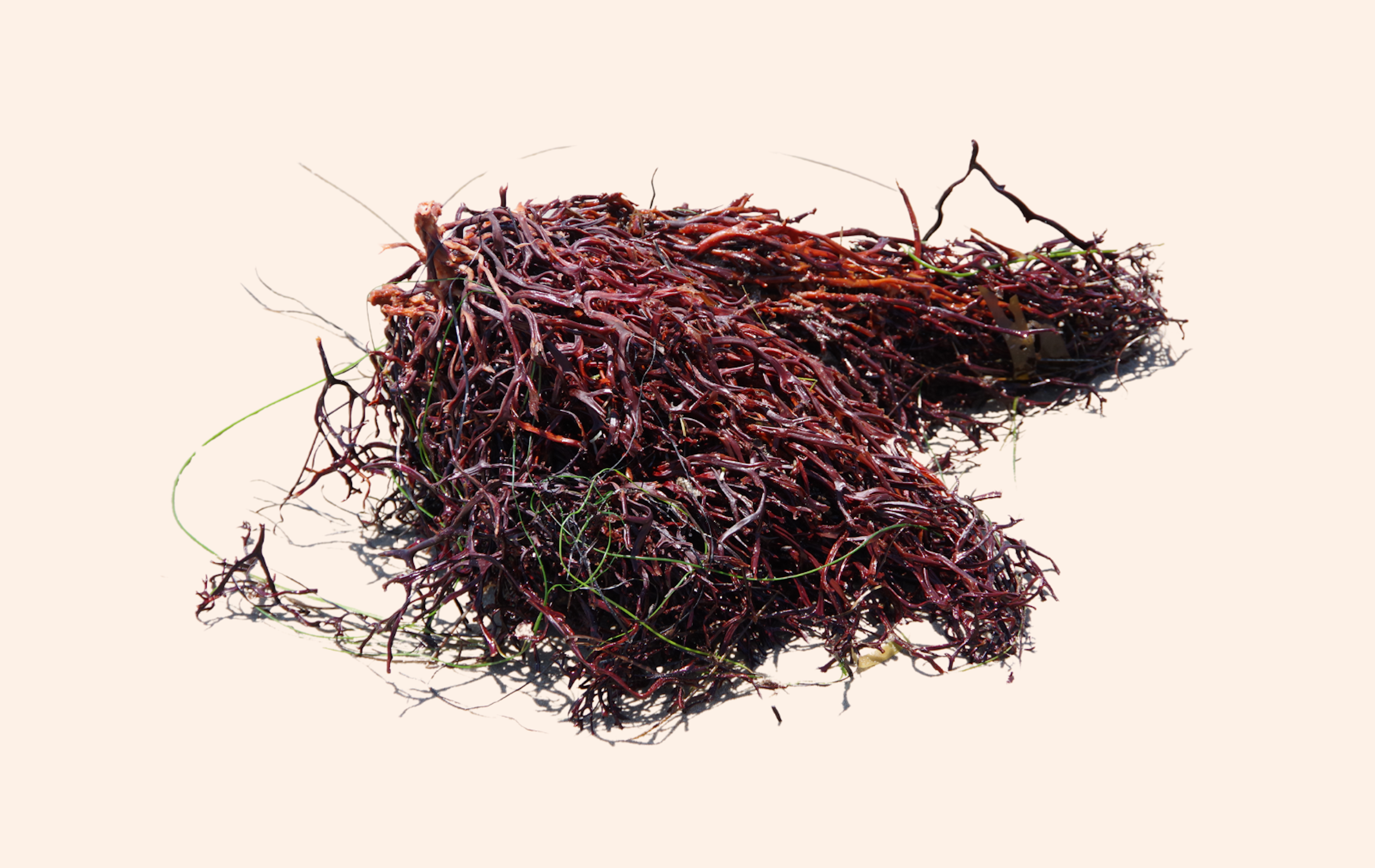
PREBIOTICS AND POSTBIOTICS
Balances microbiome and supports skin barrier.
No longer just an ingredient in yogurt, prebiotics and postbiotics can help balance the microbiome and support the skin barrier. Prebiotics serve as “food” for good and bad bacteria, allowing us to have a flora that is more balanced. Prebiotics can help by providing nourishment for the beneficial bacteria on the skin which can lead to healthier skin overall. Postbiotics refer to the metabolic by-products or waste produced by beneficial microorganisms. These by-products have been found to have various skin benefits, including soothing and hydrating skin while also improving the health of skin.
UREA
Hydrates and softens skin.
Urea is a humectant and a naturally occurring substance found in the surface layer of your skin. It is primarily known for its ability to help keep skin moisturized. Urea is a part of the Natural Moisturizing Factor (NMF) which is a protective coat on the outer layer of the skin that helps to seal in moisture to keep the outer layers of the skin hydrated and moisturized. NMF production can decrease as we age and experience fluctuations in hormones. Urea can help to increase skin's hydration levels by attracting and retaining water in the skin. Helping to keep skin hydrated can also contribute to improving the overall appearance and health of skin. Depending on the formula, the ingredient can also provide exfoliation benefits, promoting a smoother and more even skin texture.
POLYGLUTAMIC ACID
Provides 4x greater moisture retaining benefits than hyaluronic acid.
Polyglutamic acid (PGA) functions as a humectant that holds five times more moisture than hyaluronic acid due to its high-molecular weight. As a biopolymer, it forms a flexible, smooth, moisture-binding film on the skin's surface, working to help keep skin hydrated. Polyglutamic acid’s ability to help seal moisture in your skin also contributes to a more youthful complexion and overall skin health. It’s made via bacterial fermentation in a lab ensuring its purity and efficacy making this an excellent ingredient to consider for its hydration benefits.
For more trend content, check out the Prime Matter Labs 2023 Trend Report.
Prime Matter Labs offers tailored product development and production, adapting and innovating along with your business. Work with our team to capture exactly what it's going to take to meet your consumers’ unique needs. Contact your Prime Matter Labs Project Manager or start your project here.


